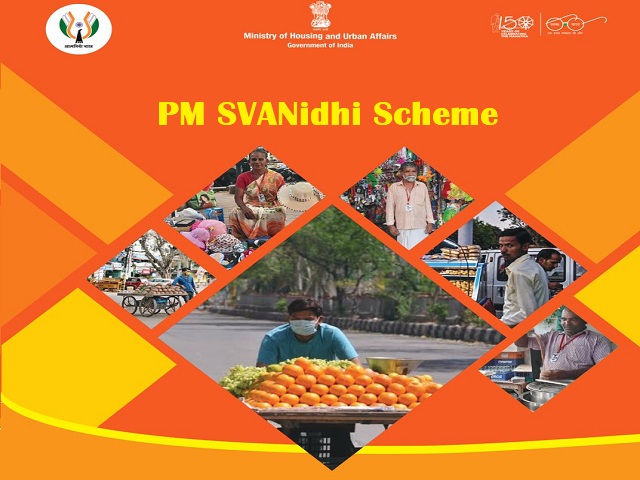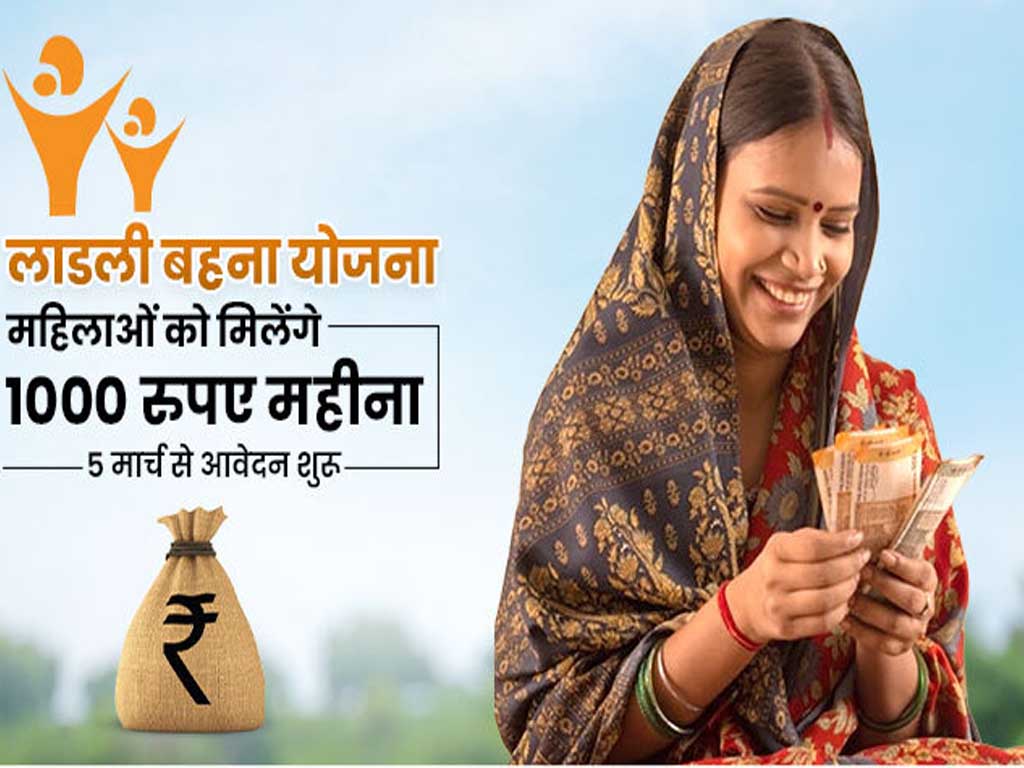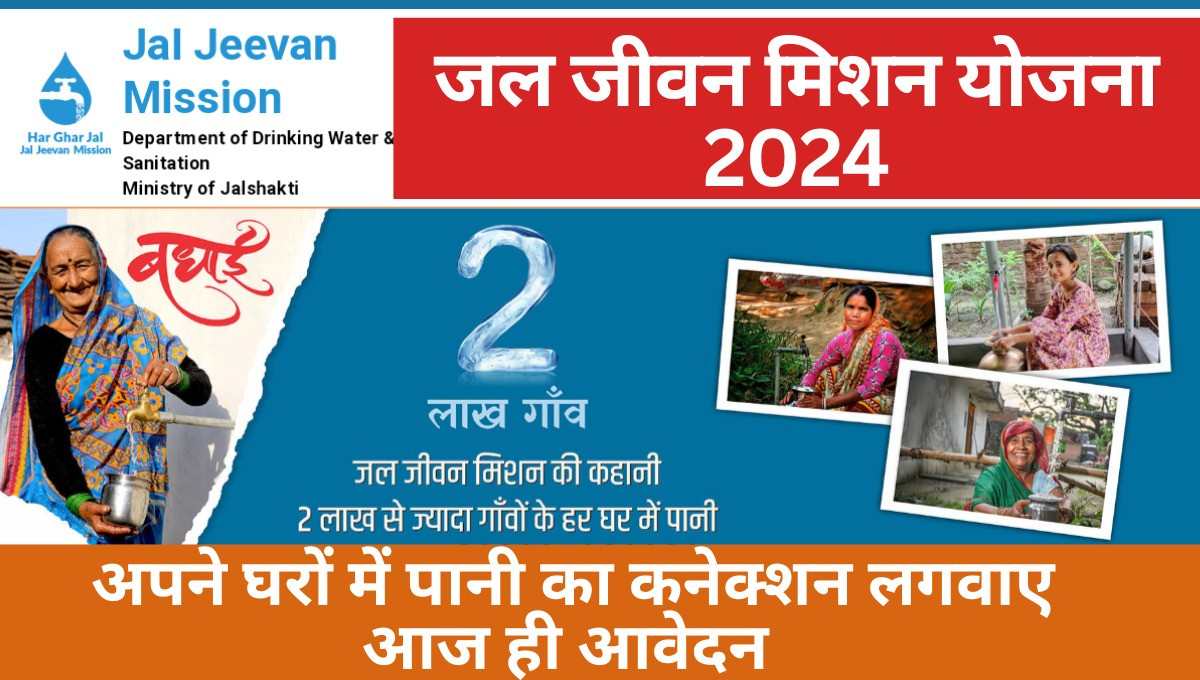Introduction
Pradhan Mantri Svanidhi Yojana is a micro-credit scheme introduced by the Indian government to support street vendors. This initiative aims to provide financial assistance to vendors who have been adversely affected by the COVID-19 pandemic, enabling them to resume their businesses and sustain their livelihoods.
Purpose of the Scheme
Why it was Introduced
The Pradhan Mantri Svanidhi Yojana was launched on June 1, 2020, with the primary goal of supporting street vendors who were significantly impacted by the lockdowns and restrictions imposed due to the COVID-19 pandemic. The scheme is designed to provide easy access to affordable working capital loans to help vendors restart their operations.
Objectives
The main objectives of the scheme include:
- Providing working capital loans to street vendors.
- Encouraging digital transactions for better financial inclusion.
- Offering interest subsidies to reduce the financial burden on vendors.
Eligibility Criteria
Who Can Apply
The scheme is open to all street vendors engaged in vending in urban areas, including those vending in peri-urban or rural areas. Vendors must have been engaged in vending on or before March 24, 2020.
Specific Requirements
To be eligible, vendors must possess a Certificate of Vending or an Identity Card issued by Urban Local Bodies (ULBs). In cases where such documentation is not available, a provisional Certificate of Vending can be issued based on the recommendations of the Town Vending Committee.
Application Process
Step-by-Step Guide
- Registration: Vendors need to register on the official PM Svanidhi portal.
- Application Submission: Fill out the online application form with the required details.
- Document Upload: Upload necessary documents, including the Certificate of Vending or provisional certificate.
- Verification: The application is verified by ULB officials.
- Loan Disbursement: Upon approval, the loan amount is disbursed directly to the vendor’s bank account.
Necessary Documents
- Certificate of Vending or provisional certificate.
- Aadhar Card.
- Bank account details.
- Any other document as specified by the ULB.
Loan Amount and Repayment
Loan Details
Under the scheme, vendors can avail of a working capital loan of up to Rs. 10,000, which is repayable in monthly installments over a period of one year. The loan is collateral-free, making it accessible to all eligible vendors.
Interest Rates and Repayment Terms
The loans are offered at a subsidized interest rate, and timely repayment within the stipulated period can also make vendors eligible for a higher loan amount in subsequent cycles.
Interest Subsidy
How it Works
The scheme offers an interest subsidy of 7% per annum on timely or early repayment of the loan. This subsidy is credited directly to the vendor’s bank account on a quarterly basis.
Benefits for the Vendors
The interest subsidy significantly reduces the financial burden on street vendors, encouraging them to maintain timely repayments and improve their creditworthiness for future loans.
Digital Transactions and Incentives
Promoting Digital Payments
One of the key objectives of the scheme is to promote digital transactions among street vendors. This not only ensures transparency but also helps vendors build a digital footprint, which can be beneficial for their financial inclusion.
Incentives for Digital Transactions
Vendors who adopt digital transactions are eligible for monthly cash-back incentives ranging from Rs. 50 to Rs. 100, depending on the number of transactions conducted.
Impact on Street Vendors
Economic Benefits
The scheme has provided much-needed financial support to street vendors, enabling them to resume their businesses and earn a livelihood. It has also contributed to the overall economic revival of urban areas.
Success Stories
There are numerous success stories of vendors who have benefitted from the scheme. For instance, many vendors have reported increased sales and better financial stability due to the working capital provided by the loan.
Challenges and Limitations
Issues Faced
Despite its benefits, the scheme faces several challenges, including:
- Lack of awareness among vendors.
- Difficulty in accessing digital platforms.
- Bureaucratic delays in the application process.
Possible Improvements
To address these challenges, the government could implement more awareness campaigns, simplify the application process, and provide training on digital transactions.
Also check out : PM Vishwakarma Yojana: How to apply/register
Government Support and Monitoring
Role of Local Authorities
Urban Local Bodies play a crucial role in the implementation and monitoring of the scheme. They are responsible for verifying applications, issuing certificates, and ensuring that the benefits reach the intended recipients.
Monitoring Mechanisms
The government has set up various monitoring mechanisms to ensure the effective implementation of the scheme. This includes regular progress reviews and feedback from beneficiaries.
Future Prospects
Expansion Plans
The government plans to expand the scheme to include more beneficiaries and increase the loan amount in subsequent cycles. There are also plans to introduce additional incentives for digital transactions.
Potential Long-Term Benefits
In the long run, the scheme is expected to significantly improve the financial stability and livelihood of street vendors, contributing to the overall economic growth of urban areas.
Comparison with Other Schemes
Similar Government Schemes
While there are other schemes aimed at supporting small businesses, the Pradhan Mantri Svanidhi Yojana is unique in its focus on street vendors and its emphasis on digital transactions.
Unique Features of Svanidhi Yojana
The scheme’s unique features include its easy accessibility, interest subsidy, and incentives for digital transactions, making it a comprehensive support system for street vendors.
Case Studies
Real-Life Examples
One such example is that of a fruit vendor in Delhi who managed to revive his business post-lockdown using the loan provided under the scheme. His timely repayments made him eligible for a higher loan amount in the next cycle, further boosting his business.
Vendor Experiences
Many vendors have shared positive feedback about the scheme, highlighting how it has helped them stabilize their businesses and improve their financial conditions.
Conclusion
The Pradhan Mantri Svanidhi Yojana is a transformative initiative aimed at supporting street vendors by providing them with easy access to affordable working capital loans. This scheme not only helps vendors restart their businesses but also promotes financial inclusion through digital transactions. While there are challenges to be addressed, the overall impact of the scheme has been positive, paving the way for the economic revival of urban areas.

FAQs (Frequently Asked Questions)
- What is the purpose of the Pradhan Mantri Svanidhi Yojana? The scheme aims to provide financial assistance to street vendors affected by the COVID-19 pandemic.
- How does the interest subsidy work? An interest subsidy of 7% per annum is provided on timely repayment, credited quarterly to the vendor’s bank account.
- What are the incentives for digital transactions? Vendors who adopt digital transactions are eligible for monthly cash-back incentives ranging from Rs. 50 to Rs. 100.
- What documents are needed to apply for the loan? Vendors need a Certificate of Vending or a provisional certificate, along with their Aadhar Card and bank account details.
- How does the scheme benefit street vendors? The scheme provides financial support, promotes digital transactions, and offers interest subsidies, helping vendors stabilize and grow their businesses.





